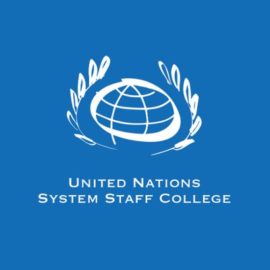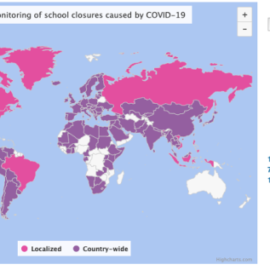
The World Bank has published a report on the state and development trends of the Kazakhstan economy amid the coronavirus outbreak. The report, along with other issues, has is also reflecting the impact of the pandemic on poverty rate and education quality in the country.
The crisis is likely to lead to poverty increase and thus, inequality in Kazakhstan. According to preliminary estimates, the poverty rate may grow from 8.3% to 12.7% in 2020, which means that an additional 800 000 people will be trapped below the poverty line.
The report also shows that the COVID-19 pandemic is having a negative impact on human capital development. Unequal access to quality education can negatively affect the human capital development among vulnerable populations. School closures could result into more than a third of the school year disruption in learning for many students, and such an impact could lead to a downgrade of students competence and country ratings at international comparative research, such as PISA. Since functional literacy of the majority of schoolchildren in the country is already close to the threshold and given that some of them will be more affected by the pandemic than others, the amount of students with functional literacy rate below the threshold is estimated to increase by 3 percent (from 64 to 67%).
The World Bank experts suggest the government to focus on educational sector, increase funding of this sphere and support the most vulnerable and pandemic-affected groups of students. Improving access to quality distance learning programs and mid-term reforms of educational system appear to be the crucial action to mitigate the expected decline in the human capital quality in Kazakhstan caused by the pandemic.



